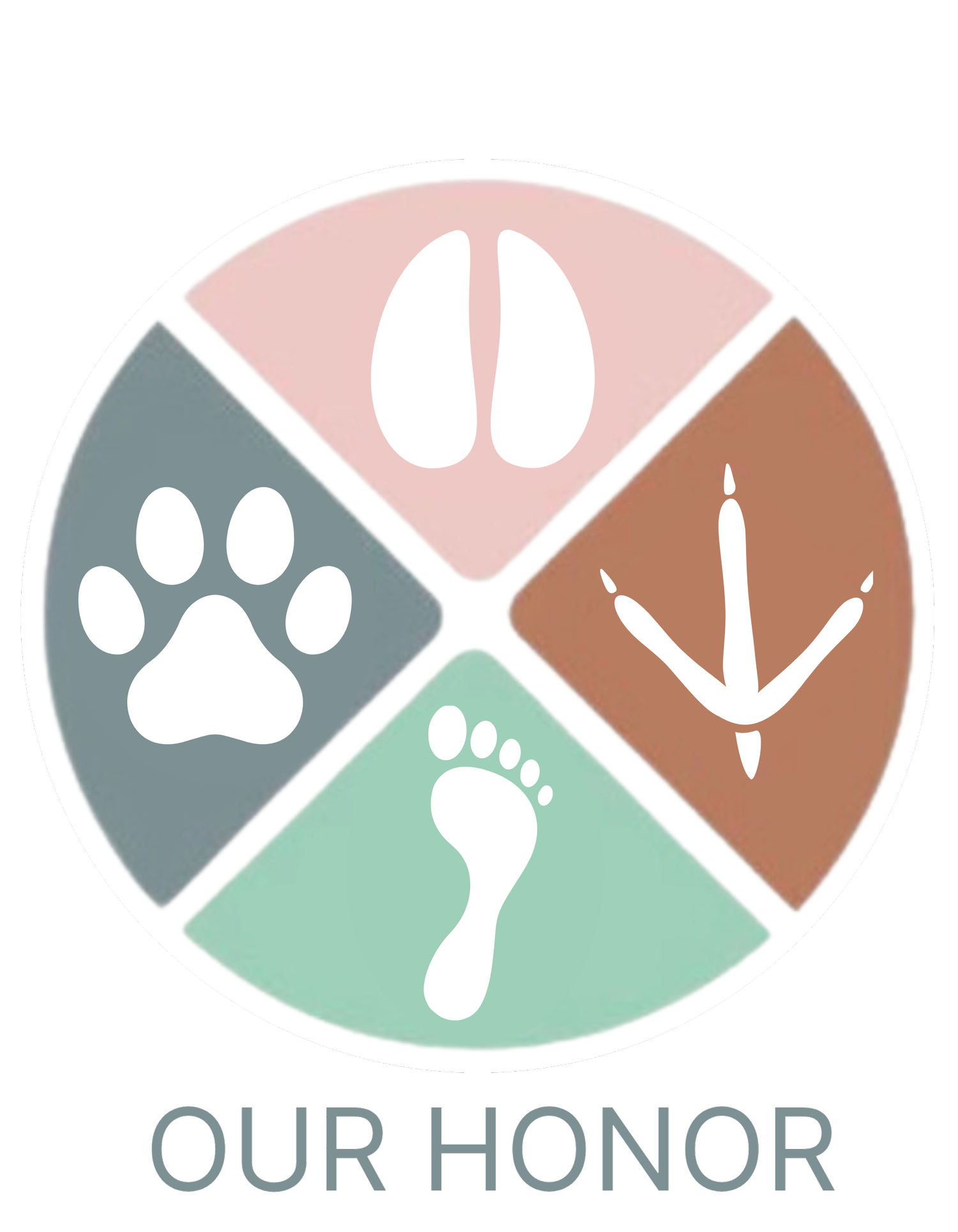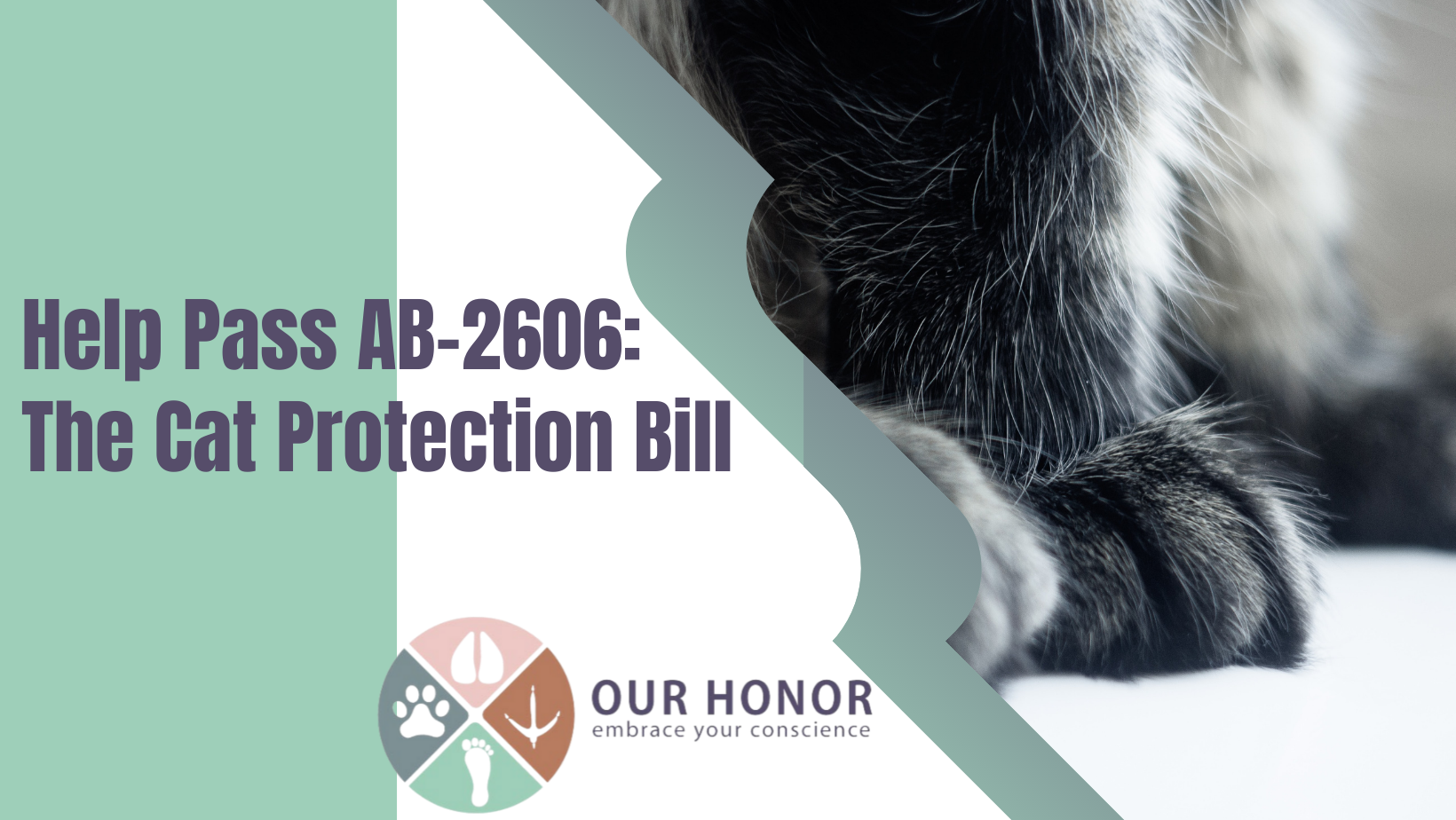Take Action Now!
For the first time in history an Anti-Declaw bill (AB-2606) in California has passed a committee!
But, AB-2606 hasn’t passed just 1 committee, the bill has passed two committees and goes to a full Assembly floor vote the week of May 23rd!
We need you to call and email your assembly person and tell them to please vote YES on AB-2606.
Please help raise awareness about the urgency of this action by sharing this on social media, tagging cat influencers like Jackson Galaxy and Kitten Lady and tagging Humane Societies, shelters, rescues, veterinary clinics and animal loving celebrities. We have to get this action to go viral if we want to save the kitties!
Step #1: MOST IMPORTANT- Call their local district office.
Suggested script: “Hi, my name is ________ and I am your constituent from (your city), I am calling to urge you to support AB-2606 the ban on declawing in California. Declaw bans around the world have shown they are an effective way to protect cats, veterinarians and the public. Thank you!”
Step #2: Email your assembly person:
Find your assemblymember’s email address.
Please cc: rvogelsang@apreamicheli.com, info@pawproject.org
Suggested Email Template:
Dear **Assemblymember’s name,**
Mounting evidence shows the detrimental effects declawing has on the wellbeing of cats. The California Veterinary Medical Association (CVMA) position does not reflect the stance of many of their members, non-member veterinarians, veterinary professionals and animal lovers. Their lack of leadership in supporting similar legislation has failed to protect cats, veterinarians and the public from the negative impacts of cat declawing. We need to take a stand against cruel procedures that hurt animals. That is why we support AB-2606.
The CVMA stated on it’s website that it has “historically opposed bills of this nature because the CVMA feels that decisions about medical treatment of an animal patient should be made between the veterinarian and client on a case-by-case basis within the context of a valid Veterinarian-Client-Patient Relationship.”
However, there are instances when our institutions need to take a moral stand to protect the animals from harm, and follow the growing scientific evidence that does not support continued approval of this procedure. Declaw bans implemented throughout the world have been effective in protecting cats, veterinarians and the public from the detrimental impacts of declawing.
Veterinarians will still be able to educate and counsel their clients and have the backing of recent legislation to explain to their clients why this procedure is detrimental to their cat. We know there are times when veterinary professionals refuse to comply with an animal caretaker’s wishes, they will seek out a veterinarian who will do their bidding. Passing this legislation will give veterinarians more authority in these interactions and help them advocate for the care of cats.
Veterinarians suffer moral distress and abuse from clients for not yielding to their clients wishes. Young veterinarians suffer when their bosses pressure them to perform this procedure. Having the backing of a law banning the procedure would take that burden off their shoulders. Sadly, not all veterinarians realize the detrimental effects of declawing and may be entrenched in antiquated practices and belief systems. It takes a drastic shift in laws in order to change these older ways that have been ingrained by years of habit.
It has been shown that declawing leads to many worse behavioral problems such as biting and urinating outside the litter box. Families who are unable to train a cat from using their claws, and unable to implement adjustments in their housing and furniture, will certainly be unable to deal with the increase in biting behavior and litter box issues that could result from declawing.
Research by Yeon, et al., (JAVMA 2001) found that 33% of cats suffer at least one behavioral problem after declaw or tendonectomy surgery. The study showed that 17.9% of cats had an increase in biting frequency or intensity and that 15.4% would not use a litter box. Additionally Bennett, et al showed that declawed cats were 18.5% more likely than non-declawed cats to bite and 15.6% more likely to avoid the litter box.
Even with modern anesthetic, and good pain management, post surgical problems such as neuromas and phantom limb pain develop. In one report that studied cats for only five months after surgery, about 25% of cats developed complications from both declaw and tenectomy surgeries. The Paw Project states that “In declawed (and tendonectomizedized) cats, the tendons that control the toe joints retract after the surgery because they are no longer anchored to the bones, and over time these joints become essentially “frozen.” The toes can no longer be extended, but remain fully contracted for the lifetime of the cat.” We also know that there are many veterinarians who do not use modern equipment and analgesia.
Unfortunately, declawed cats have high rates of relinquishment to animal shelters because of the behavioral problems they develop. Work by Gary Patronek, VMD, PhD published in JAVMA found that declawed cats were at an increased risk of relinquishment to animal shelters and that among relinquished cats, 52.4% of declawed cats were reported to exhibit litter box avoidance, compared to 29.1% of non-declawed cats.
Furthermore, there is no reason to declaw cats to protect human health. The NIH, CDC, US Public Health Service, the Infectious Diseases Society of America, and the Canadian Medical Association, all have specifically stated that the declawing is “not advised,” even for the animals of persons who are severely immunocompromised, including those with HIV. This opinion is echoed in statements on declawing published by the AAHA and the AAFP. The National Hemophilia Foundation and the American Cancer Society do not recommend declawing to protect humans from scratches.
California should be a leader in the most advanced animal welfare and veterinary policies but in this instance we are falling behind. We need to follow the science and protect the animals we care for from unnecessary pain and suffering. For these reasons, we urge you to please support AB-2606!
Thank you,
Your Name
City, zip code


